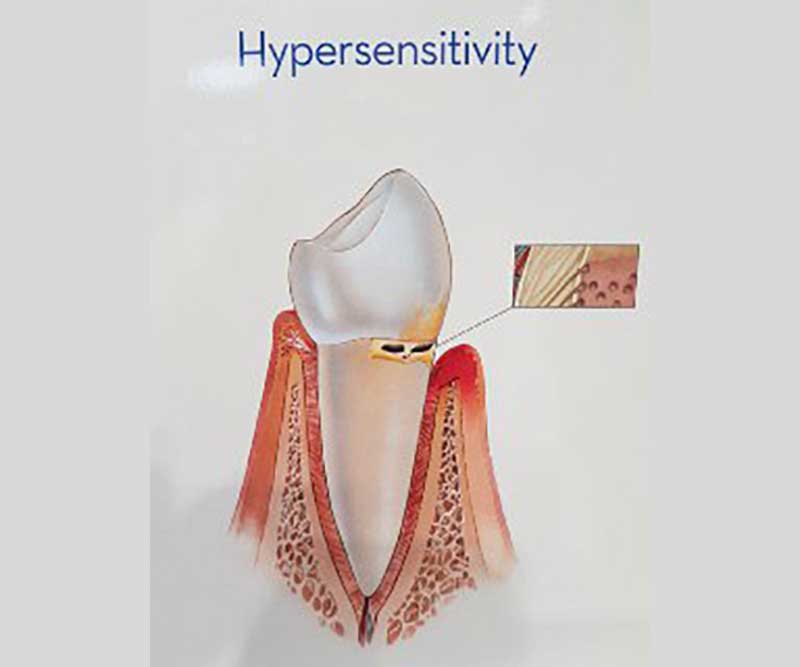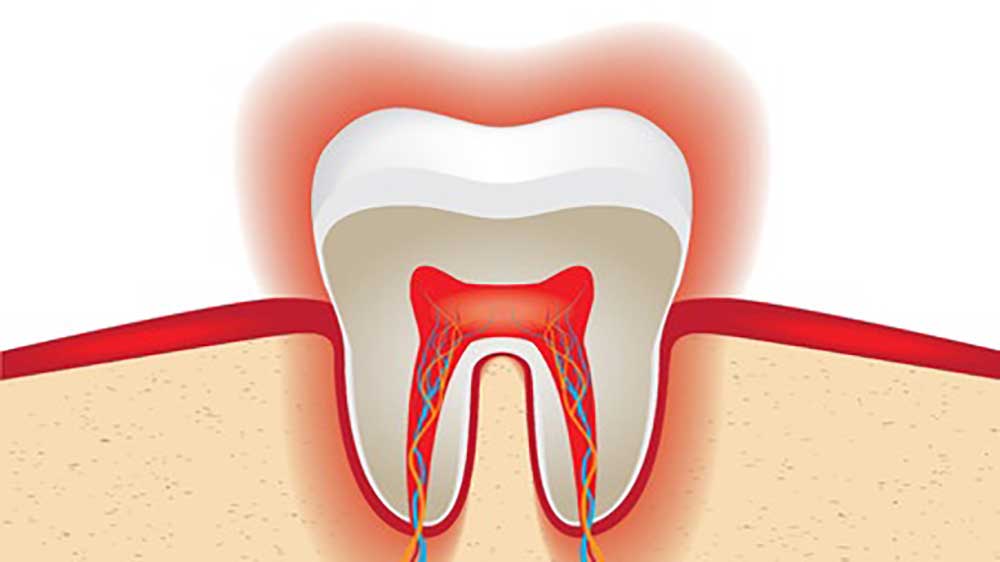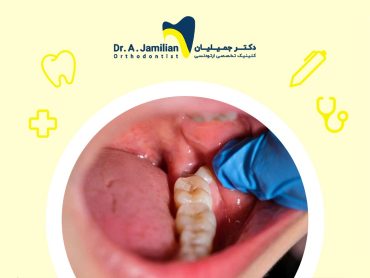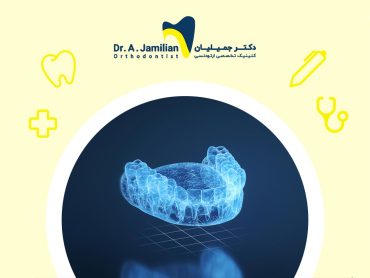Tooth sensitivity refers to pain felt when eating or drinking cold or hot food; this pain may be even felt when breathing in cold weather. Tooth sensitivity occurs when the gums are removed from the teeth or lost. Gingival loss may arise from hard brushing, not brushing, and irregular use of floss. Tooth sensitivity may occur occasionally, but ignoring it can lead to other oral diseases.

Foods, sweet and acidic drinks such as soda, beer, fruit juice and sugar-containing snacks may result in tooth decay, which is one of the causes of tooth sensitivity. When the gum is lost, part of the tooth under the gingival sulcus is exposed to damage. Small ducts in this part of the tooth contain fluid and connect the inner space of the mouth to the location of nerves, called pulp. When these ducts come in contact with cold and heat, the fluid irritates the nerves and causes toothache.
Tooth sensitivity may also occur when the hard layer of tooth, called enamel, is abraded, as a result of tooth grinding (bruxism). Tooth sensitivity can also occur after teeth scaling or polishing, which is resolved quickly after the end of treatment. Consult your dentist if you are concerned about this.

Tooth sensitivity prevention tips
Use a toothbrush and floss twice a day to prevent gum disease, and ensure that all parts of your mouth, including the gap between the teeth and the gingival sulcus are cleaned. Brush gently using soft toothbrushes. This prevents gum disease and enamel abrasion. Avoid the use of acidic foods and drinks. Ask your dentist to tell you about special toothpastes for sensitive teeth.








